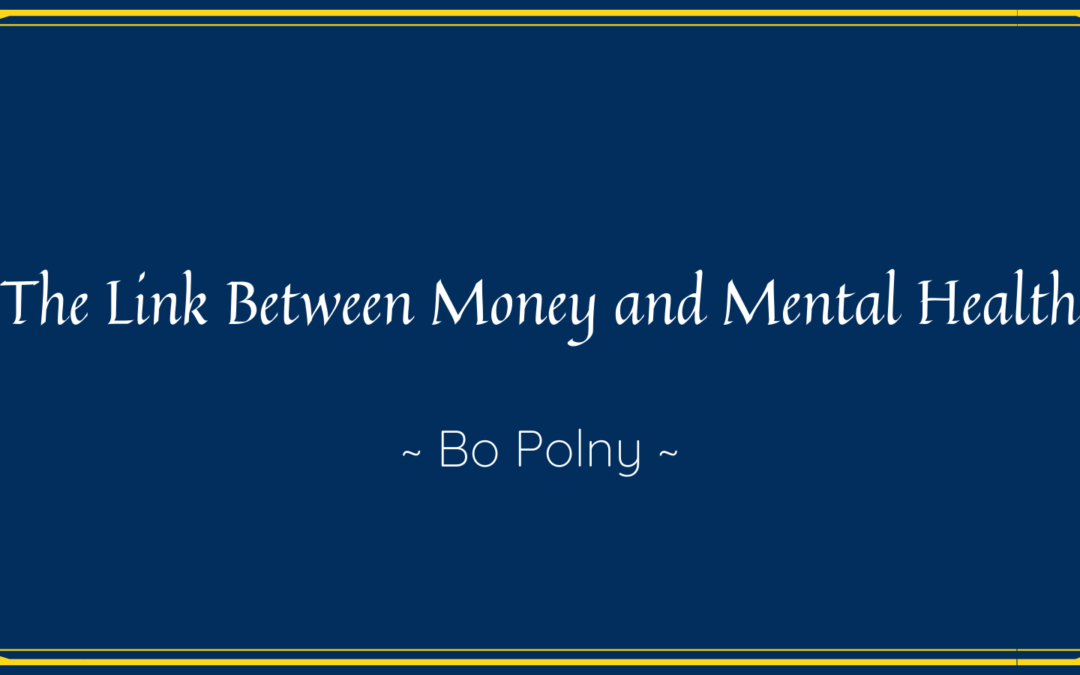In times of economic crisis, understanding how mental health and money things are connected might help someone take control of their finances. Becoming more aware of how mental health and money are related can lead to them taking practical, constructive steps to better manage their finances.
Common Mental Health Issues Arising From Money Problems
Money problems can negatively impact mental health in many ways. Here are the three most common in times of a crisis like the current pandemic.
-
Prolonged negative feelings about money result in mood disorders.
Insufficient money is often the source of negative emotions. Negative feelings around money can make people feel guilty about their meager earnings, ashamed of their poverty, or resentful that other people have plenty of money. It can also make people feel inadequate and incapable of doing what they really want in life. Over time, these stressors can create mood disorders like anxiety or depression.
-
Insufficient income results in feelings of learned helplessness.
When people are feeling down and out, they often won’t put any effort into improving their financial situation. They lack the motivation to either find a better-paying job or to manage their money more effectively. Worse still, the higher their debt rises, the more deeply they slip into a sense of learned helplessness.
-
Frustration over lack of money can result in compensatory overspending.
Popularly referred to as “retail therapy,” many people resort to spending money on things that they don’t need to make themselves feel better. Indulging in luxurious purchases gives them a temporary high. By putting everything on a credit card, it is easy for them to spend more than they earn from their jobs. Unfortunately, the euphoria is short-lived, resulting in an emotional crash.
The Benefits of Psychotherapy
Money problems can cause a range of mental issues which lead to a variety of difficulties in dealing with finances, relationships, and work. However, there is a solution that can people cope with mental health issues: psychotherapy.
Cognitive behavior therapy (CBT) is particularly effective for resolving apathy, grief, fear, or anger around money issues. This type of psychotherapy helps people learn to cope with their behaviors around negative financial situations, such as unemployment, divorce, or illness. CBT can help them develop healthy coping strategies to overcome their money problems.

